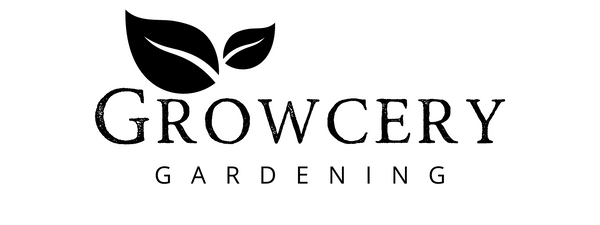
Exploring Plant Nutrient Deficiencies: Prevention is Key
Share
In the world of plant care, nutrient deficiencies are the bane of every gardener's existence. To ensure your green friends thrive, it's vital to understand the most common nutrient deficiencies and how to thwart them. Let's dive right in.
Nitrogen Deficiency: The Stunted Growth Syndrome
Symptoms:
- Pale or yellowing leaves, starting from the bottom up.
- Reduced overall growth and spindly stems.
Prevention:
- Apply nitrogen-rich fertilizers, such as compost or well-balanced granular fertilizers.
- Ensure proper watering to aid nutrient uptake.
Phosphorus Deficiency: The Flower Fizzle
Symptoms:
- Dark green leaves, but slow growth.
- Fewer flowers and fruits, often with small or underdeveloped seeds.
Prevention:
- Use phosphorus-rich fertilizers like bone meal or rock phosphate.
- Maintain the soil pH within the optimal range for phosphorus uptake.
Potassium Deficiency: The Weakling Woes
Symptoms:
- Yellowing at leaf edges or tips.
- Weak, easily damaged stems and increased vulnerability to diseases.
Prevention:
- Apply potassium-rich fertilizers, like wood ash or potash.
- Maintain soil moisture levels to enhance potassium absorption.
Iron Deficiency: The Chlorosis Challenge
Symptoms:
- Yellowing between leaf veins (interveinal chlorosis).
- Reduced growth and smaller leaves.
Prevention:
- Utilize chelated iron supplements or iron-rich organic matter.
- Ensure proper soil drainage to prevent root rot, which can hinder iron absorption.
Magnesium Deficiency: The Yellow Leaf Enigma
Symptoms:
- Yellowing between leaf veins, similar to iron deficiency.
- Overall leaf discoloration and leaf drop.
Prevention:
- Apply Epsom salt or dolomitic lime to the soil.
- Maintain appropriate soil pH for magnesium availability.
Zinc Deficiency: The Dwarfed Growth Dilemma
Symptoms:
- Stunted growth with shortened internodes.
- Distorted or small leaves.
Prevention:
- Use zinc-containing fertilizers.
- Ensure balanced pH and organic matter in the soil for optimal zinc absorption.
Balancing Act: How to Keep Nutrient Deficiencies at Bay
Preventing nutrient deficiencies primarily involves maintaining well-balanced soil and providing a healthy diet for your plants. Regular soil testing, proper watering, and the use of quality fertilizers are your best allies in ensuring your garden remains lush and vibrant.
Conclusion
Nutrient deficiencies can be a plant's worst enemy, but armed with knowledge and preventive measures, you can keep them at bay. By addressing these common deficiencies with the right nutrients and soil conditions, you'll have a garden that flourishes, delights, and stands as a testament to your green-thumb expertise.
